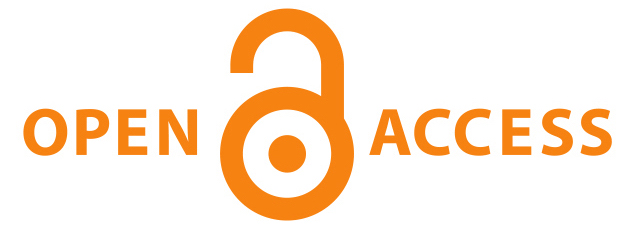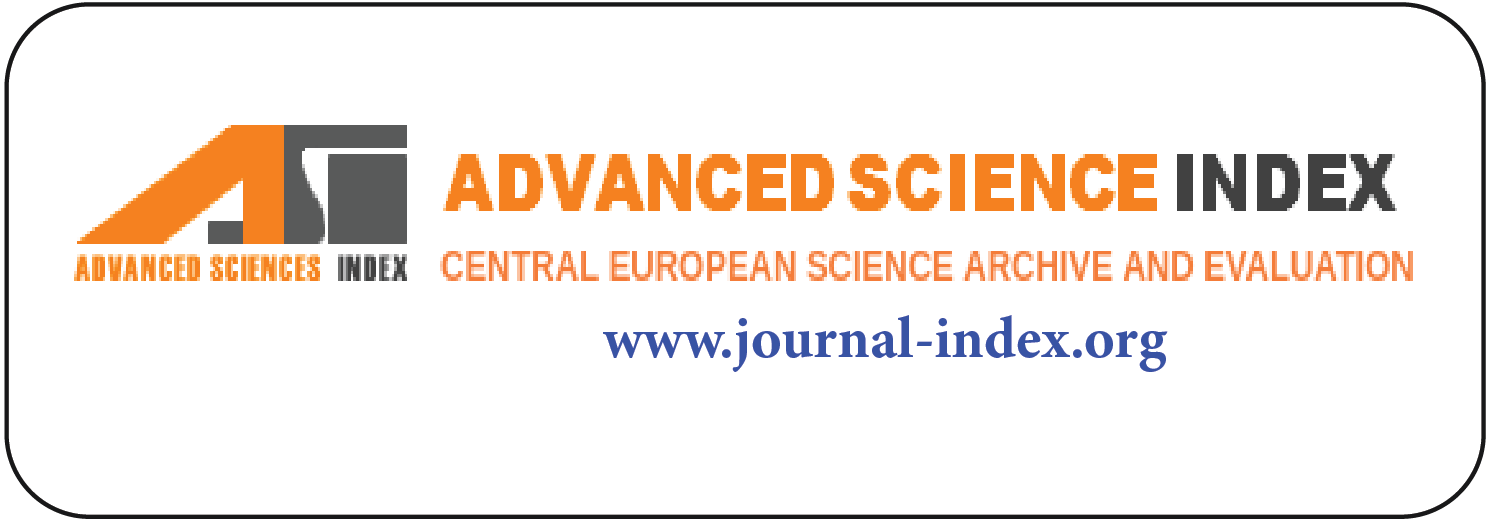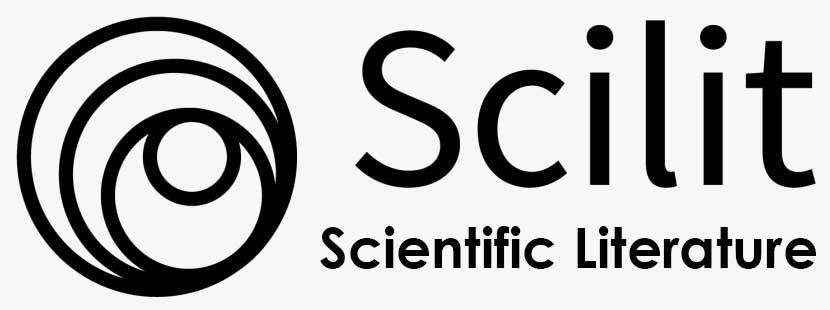Ideological and Political Education from the Marxist Perspectives on Marriage and Love: A Case Study of Guizhou Qiannan College of Economics
DOI:
https://doi.org/10.56868/jadhur.v2i3.183Keywords:
curriculum, ideology, politics, social investigation, love practice, MarxistAbstract
The present study explores the Marxist concept of love and marriage to understand how modern college students perceive and relate to these ideas by using Guizhou Qiannan College of Economics as a case study. It is identified that family education remains a dominant influence (87.14%), with friends, school experiences, and media playing notable roles. Despite the deep-rooted influence of traditional structures, 79.13% expressed the need for elective courses on love and marriage at the university level. The findings emphasize the evolving nature of romantic relationships today and underscore the significance of bridging traditional insights with contemporary challenges through comprehensive educational endeavors. The findings emphasize tradition and critical thought, underscoring the crucial significance of purposeful educational interventions in forming the next generation's worldview. It ties in perfectly with the larger educational goal of moral development and holistic growth. The present study provides an invaluable guide for educators, emphasizing the fusion of tradition with critical modern thought to ensure children's comprehensive and practical education.
















